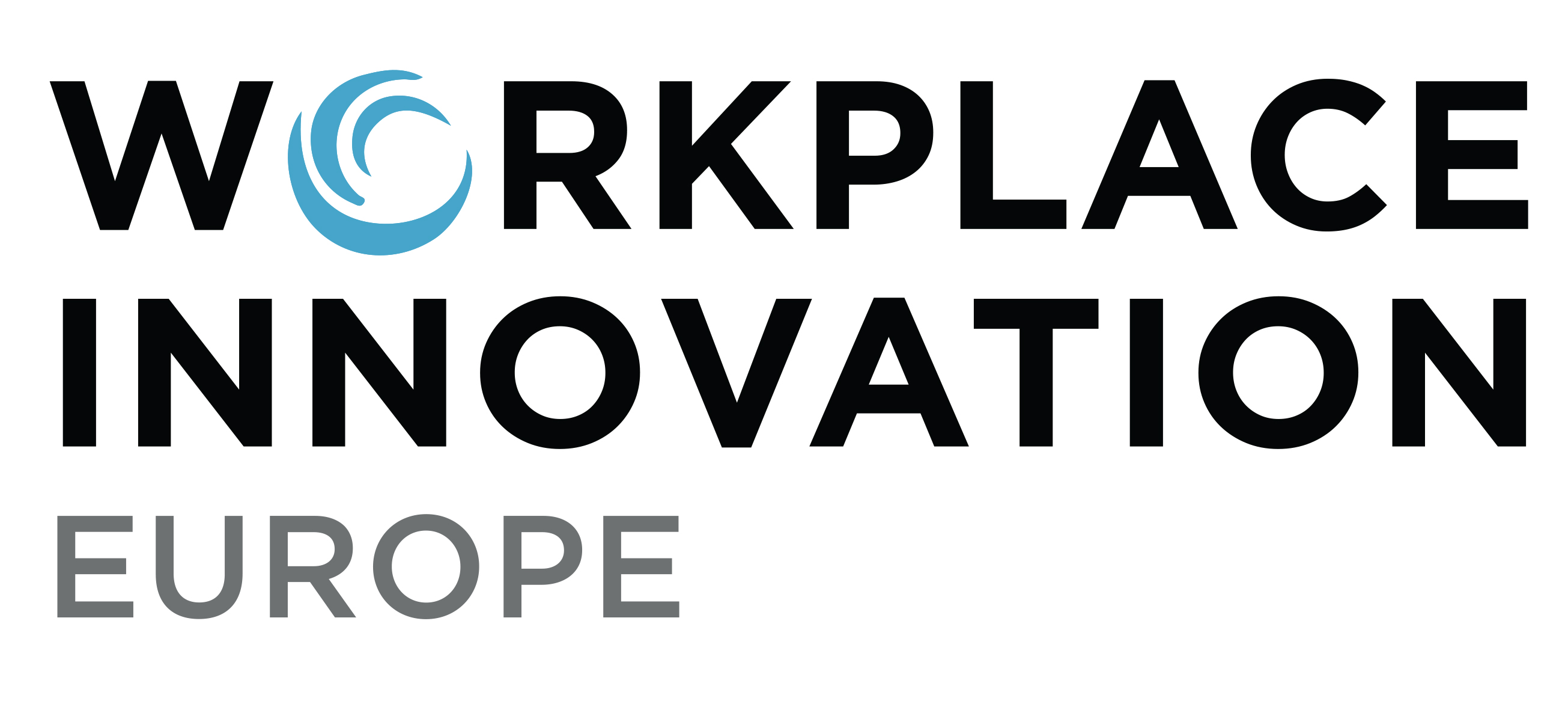Dealing with differences of opinion
How to enable a safe and supportive space for all your staff

Natalie Wilkie
Organisational Development Specialist
I have been tackling a few issues over the last couple of weeks in regards to differences of opinion at work – a hot topic in these Covid times. As a result, our monthly wellbeing session was focused on this.
Currently, there are many areas where we are thinking differently and this can be stressful or even disruptive. Therefore, it is important we come together and try to understand the other person’s story fully so we can empathise – a key element of Emotional Intelligence.
This is absolutely key for leaders and managers within organisations so you enable a safe and supportive space for all your staff.
We also created a short video for all those who couldn’t make it to the EI and Wellbeing Open Session on Fresh Thinking Labs, which explores what you can do to support and engage with your team members when there are differences of opinion.
How you can approach differences of opinion:
- Rapport – if you have good rapport with your colleagues or team members this is a good start. If not create rapport.
- Listen – ask them about their opinions – where do those opinions generate from, how did they come to those opinions
- Be open – to understanding where that person might be coming from and their story.
- Be non-judgemental – when listening this also means not judging someone. Remember they have their story and their reasons. You are listening to understand this. If you judge what they are saying they will close down and certainly not feel safe.
- Put yourself into that other person’s shoes – this shows strong aspects of empathy a key part of Emotional Intelligence. This will support you in understanding and listening.
- Are you being triggered? – Do you have strong emotions about someone’s opinions? Ask yourself why you might be feeling strong emotions? What is triggering you? Try to understand yourself before you get involved in discussions. If you are not able to support yourself and move to a more open place yet then wait until you can. It is better not to have the discussion and defer it until you are ready. You don’t have to agree but you could inflame it if you go into the situation with your triggers too.
- Projection – we can often project our own experiences onto someone else this often occurs when we have been triggered. Try to take a more open neutral stance.
- Be vulnerable – Be prepared to be vulnerable and share where you experience comes from. Try to avoid being defensive in your position or aggressive. (see “Are you being triggered?”, point 6 above).
- Go back to basics – we are all human beings. 99% of us come to a situation from a position of good intentions. Even though it might not feel like that at times. If you can get to a place of understand and empathy even if you don’t agree it can certainly build the relationship and your understanding of yourself.
This short video explores what you can do to support and engage with your team members when there are differences of opinion.
We would love to know if you try out these tips and see what happens – good and bad. Please send me your ideas and thoughts on our Fresh Thinking Lab platform or email me directly.
For further information on our Emotional Intelligence sessions and programmes please have a look below.

